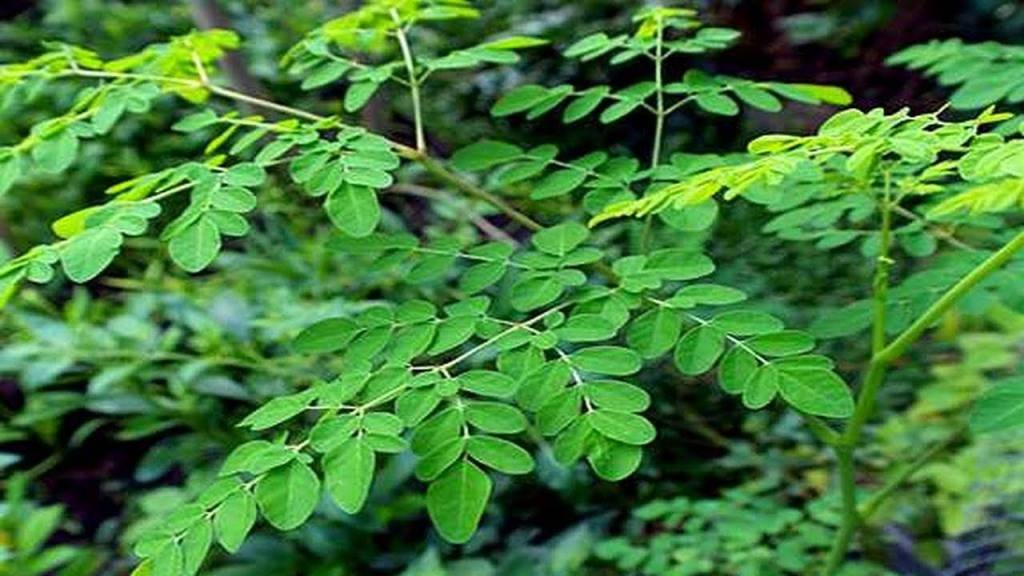
Vegetable garden cultivation can be appealing and to some degree addictive. Unlike gardening of fancy and ornamental flowers, cultivation of vegetables is very difficult and exhausting job, as the gardener needs to take care of a ton of committed actions and exercises. One needs to follow a daily schedule of general cultivation proceedings like planting, soil blending, land arrangements, watering plan, plant assurance, composts and so forth; to arrive at the phase of reaping and harvesting and pluck your number one veggies.
Most gardeners who cultivate vegetables feel irritated by the fact that all the vegetable plants they develop in their gardens are short-lived. Large portions of the most loved vegetable grow on an annual basis and their reaping season remains for around 2 to 3 months only. Vegetable gardeners need to develop new plants as per the progressing seasons. Nonetheless, some vegetable harvests are perennial and will furnish you with the ceaseless yield for a long time once planted.
Here is a list of perennial vegetables that you need to plant only a single time and appreciate the reap for quite a long time to come:
- Drumsticks (Moringa):
Moringa is presumably the one and only vegetable plant which is generally a tree. Each element of the plant can be eaten, including the leaves as well as flowers. In India, it is the pods or fruits of the plant that is famous for consumption.
Drumstick plants ought to be developed on the ground in an open bright area. It can very well may be accommodated in large compartments mostly in drums or barrels for gardening in your terrace. The foliage is accessible lasting for the entire year, yet flowers and pods are fundamentally accessible in the pre-spring or late winter in India.
- Malabar spinach (Basella):
Famously known as poi saag in our country, this one is a profoundly nutritious type of spinach that is stacked with abundance of iron and plant proteins. The delightful, crusty leaves make an astounding plate of mixed green salad.
Creeper by nature this plant can be permitted to hop on grille, nets or structures in your home. This plantdoes not require much sunlight and requires least attention from your side. Once you set up this plant in your home, you will have a consistent supply of green healthy salad.
- Tendli (Ivy gourd):
Tendli is a mainstream fruiting vegetable in our country that has a place within cucumber or gourd family. Sabzi made out of tendli is a regular dish made in our home kitchens. Among the masses, tendli is also known for its exceptional therapeutic properties .
Ivy gourd uses tendrils for climbing into surfaces and can very well climb onto walls and railings. The plant once settled can cover a huge territory, and it can additionally propagate itself normally in that area. It is normally developed by planting stem cuttings.
Taro (Colocasia):
Taro is local to India and is known by numerous names in India like Arbi in Hindi, Alu in Maharashtra, Kosu in Assam and so forth. Despite the fact that it is a root vegetable, in India, it is basically developed for its enormous leaves.
Numerous assortments of taro are available in our country and can be found in most of the backyards of Indian houses. The plant develops well under the shade of trees, in the muddy or soggy soil. Consistently each year it will frame another arrangement of leaves out of the ground.
Asparagus:
Recently added to the Indian kitchen recipes, Asparagus is gradually making its presence felt in Indian kitchens. Asparagus can be grilled, roasted etc.For consumption and is easy to cook and a profoundly nutritious vegetable.
Asparagus needs flat ground that is open and sunny for proper growth. Asparagus should be given a perpetual corner in your kitchen garden.










